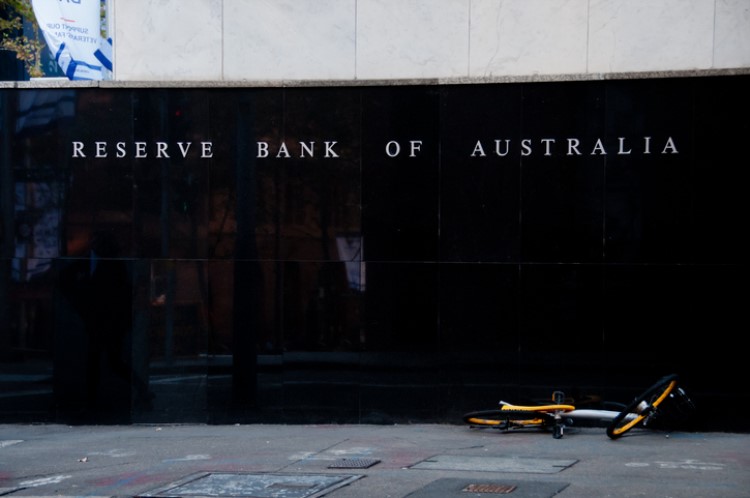
Despite saying that the next move for interest rates is likely upwards, the Reserve Bank of Australia (RBA) might find itself stuck in a situation where it would have no choice but to cut the already low-interest rates even further.
In its recent policy decision, RBA decided to leave the cash rate untouched at 1.5% for the 27th month in a row. A Yahoo! Finance report enumerated three reasons why interest rates are bound to fall further – and on top of the list is the high level of household debt.
In fact, the ratio of household debt to income has already risen twofold since 1995, sitting at 212%. For Quay Global Investors portfolio manager Chris Bedingfield, this presents a huge risk given that the housing market is currently in a cooldown.
A combination of high household debt level, stricter lending rules, and softening home prices would drive the RBA to consider cutting the rates.
Also Read: Will wage growth move the needle for RBA to raise rates?
The interest rate cut would also likely be influenced by the weakening construction sector. Bedingfield said the central bank boosted the east-coast housing boom to employ workers after the mining boom. If demand for houses continues to be weak, there would be less construction work. This would have a significant impact on the economy, given that roughly 2.2% of the total workforce is from the construction sector.
“If the housing market continues to weaken, we believe the risk is that the RBA will face a sharply weaker economy in 2019 and will be forced to consider an official rate cut before the end of the decade," Bedingfield said.
For Market Economics principal Stephen Koukoulas, the concerns on interest rates go beyond households. He argued that an interest rate cut would be a practical decision for the central bank if it were to consider businesses.
Koukoulas said lowering the interest rate could prevent the negative impacts of household wealth destruction and help free up a sizeable amount of debt held by the business sector.
“This would not only help business to invest and hire more, but it would also underpin new business investment," he told Yahoo! Finance.
Collections: Mortgage News



Share